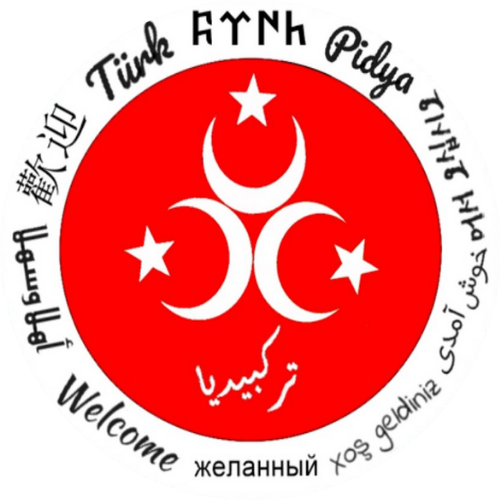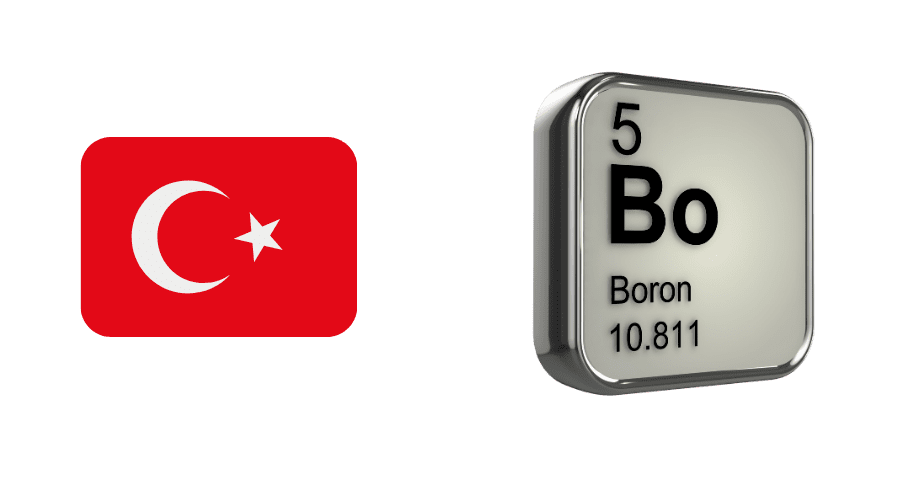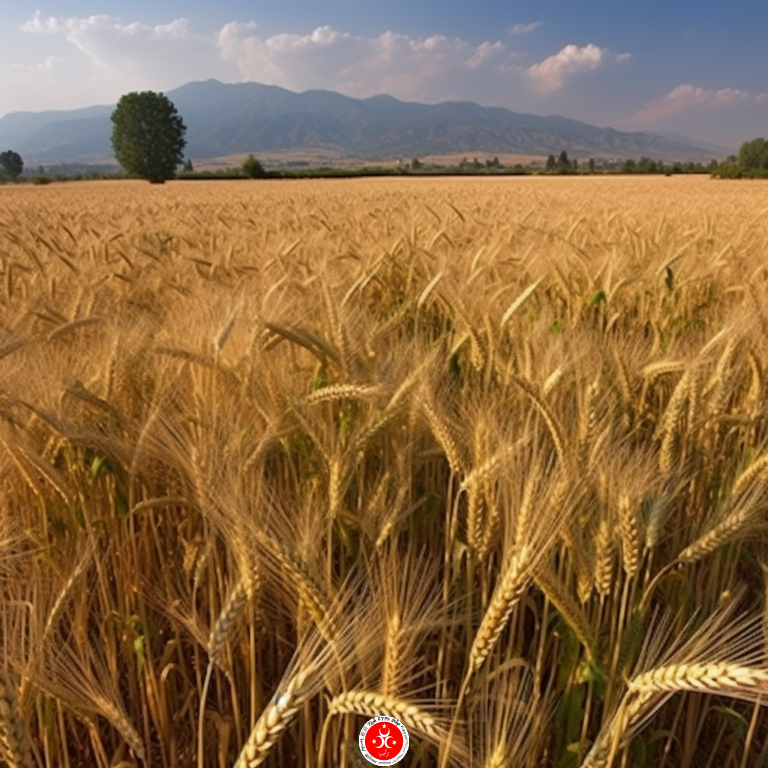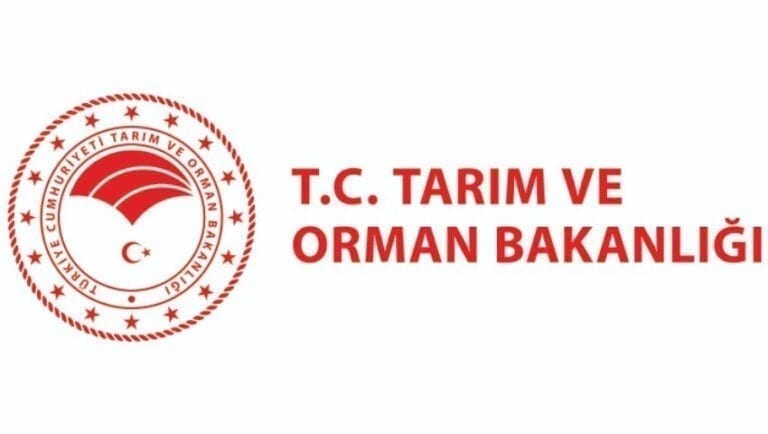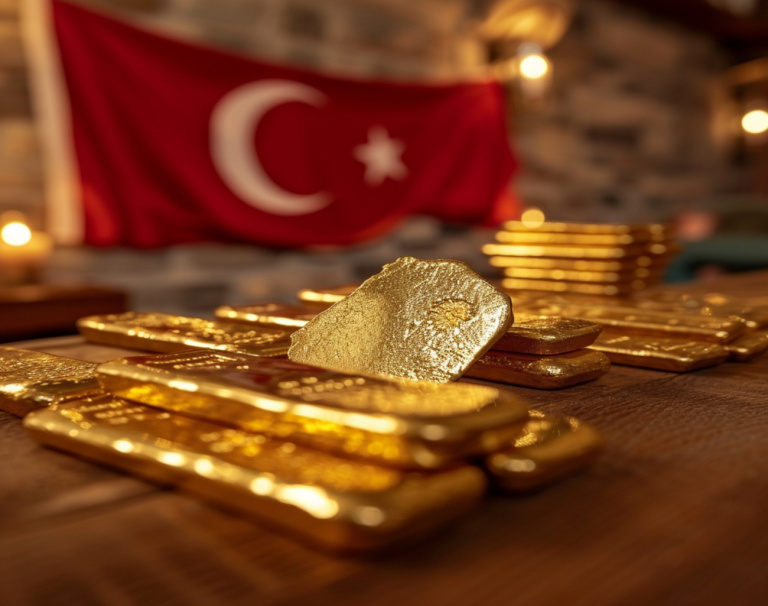Turkey’s White Gold: The 73% Monopoly Driving Global Tech in 2026
Table of Contents
Forget about oil or lithium for a moment. The real strategic ace up the sleeve of the Turkish economy is white, unassuming, and absolutely critical: Boron.
As a materials science observer, it is easy to view raw materials purely through technical specscrystal structures, hardness, solubility. But when we look at boron in Turkey, we are looking at pure geopolitics. With a staggering 73% of the world’s total reserves, the country sits on a 3.3-billion ton treasure chest. This isn’t just a statistic; it is a monopoly capable of supplying the planet for the next 1,000 years. In this analysis, we move beyond the rock itself to examine the hard economic reality behind the record breaking figures of 2024 and the strategic outlook for 2026.
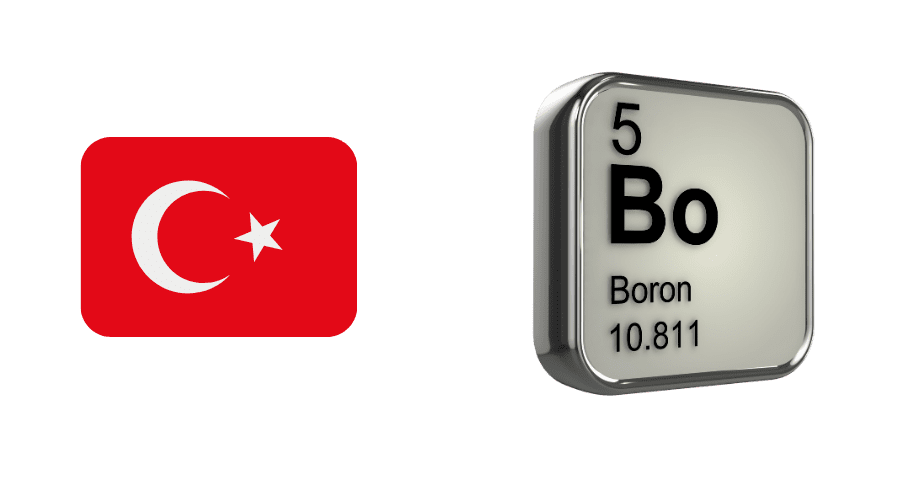
The Geological Lottery: Why Anatolia?
Geology is destiny. Borate minerals only form under extremely specific conditions: volcanic activity paired with arid, closed basins and alkaline water. Anatolia’s tectonic history created a perfect storm for these deposits, resulting in a concentration of wealth that has no rival globally.
The 4 Pillars of Turkish Boron Power
While other nations struggle with low grade ores, Turkey possesses the highest quality deposits on Earth. The “Big Four” regions that drive this dominance are:
- Kırka: The crown jewel. This is home to the world’s largest deposit of Tincal (borax ore).
- Bigadiç: Famous for its massive Colemanite and Ulexite reserves, which are particularly prized in the ceramics industry.
- Emet: A key region for Colemanite, essential for heat resistant glass production.
- Hisarcık & Bandırma: Strategic locations for Ulexite and major logistical hubs for export.
Eti Maden: The Undisputed Market Leader
Forget the image of small scale mining operations. The Turkish boron sector is ruled by a single giant: Eti Maden. Under the leadership of General Manager Yalçın Aydin, this state enterprise has evolved from a simple raw material supplier into a global trendsetter.
A look at the financials from late 2024 and entering 2025 reveals a dominance that reshapes the landscape for anyone starting a company in Turkey or investing in the sector:
- 61% Market Share: Eti Maden controls over half the global boron market. For context, its closest competitor, U. S.-based Rio Tinto, holds only about 28-30%.
- Historical Record: In 2024, sales hit 2.5 million tons—the highest volume in the company’s history.
- Revenue Powerhouse: With revenues topping $1.32 billion (97% of which comes from exports), boron remains one of the country’s most critical sources of foreign currency.
Technology Meets Tradition
Extraction happens both in open pit and underground mines, but the real value isn’t in the diggingit’s in the refining. In facilities across Kırka, Emet, Bandırma, and Bigadiç, raw ore is transformed into high purity products like boric acid and borax pentahydrate. Without this processing capacity, industries like solar panel manufacturing which relies heavily on borosilicate glasswould face severe supply bottlenecks.
Global Demand: Where Does Turkish Boron Go?
The global economy is hungry for boron, but who is buying? Recent data highlights a clear shift in usage:
- 50% Glass Industry: The lion’s share. From smartphone displays to fiberglass insulation and solar panels, modern glass is dependent on boron.
- 16% Agriculture: A rapidly growing sector as soils worldwide suffer from micronutrient depletion.
- 13% Ceramics: Used for glazes and hardening.
The trade flows are particularly revealing, often mirroring broader trends seen in Turkey’s foreign trade indices. China stands as the largest single buyer, importing over $88 million worth of Turkish boron oxides in 2024 alone. In total, 58% of all sales are destined for the Asia Pacific region.
The Price Advantage (The “Hidden Gem”)
This is where the sheer scale of reserves becomes a tactical weapon. While the price per ton in the U. S. hovers around $740, Turkey’s massive reserves and efficient production allow it to offer prices around $575 (as of late 2025). This pricing power effectively insulates its market leadership against western competitors, a critical factor given that domestic producer prices have been trending upward globally.
Challenges and Future Outlook: 2026 & Beyond
Despite this dominance, there is no room for complacency. Exporting raw materials is good, but selling high-tech components is better. The strategy for 2026 focuses heavily on “De commoditization.” The goal? Stop selling just the powder and start selling the finished tech.
From Raw Earth to High-Tech Defense
Turkey is investing massively in R&D to produce Boron Carbide (used in tank armor and bulletproof vests) and Ferroboron (essential for strong magnets) domestically. Eti Maden also operates an effective distribution network through its subsidiary, AB Etiproducts OY in Finland, to serve the European market directly.
The hurdles ahead are less about the market and more about sustainability. Mining consumes water and alters landscapes. Balancing aggressive expansion with environmental responsibility will be the defining narrative of the coming years.
Verdict: More Than Just a Mineral
Turkey’s boron reserves are a geopolitical anomalyin the best possible way. With 73% of global reserves, the country holds the keys to numerous future industries, from green energy to digital infrastructure. The record figures of 2024/2025 prove that Eti Maden isn’t just holding this position; they are aggressively expanding it.
For investors and observers, the message is clear: If you want to understand the future of materials science, you have to look at Anatolia. The road to sustainable technology is paved with boron.
Resources
- Eti Maden Official Website Detailed reports on reserves and export strategies.
- Ministry of Energy and Natural Resources Official statistics and sector updates.

